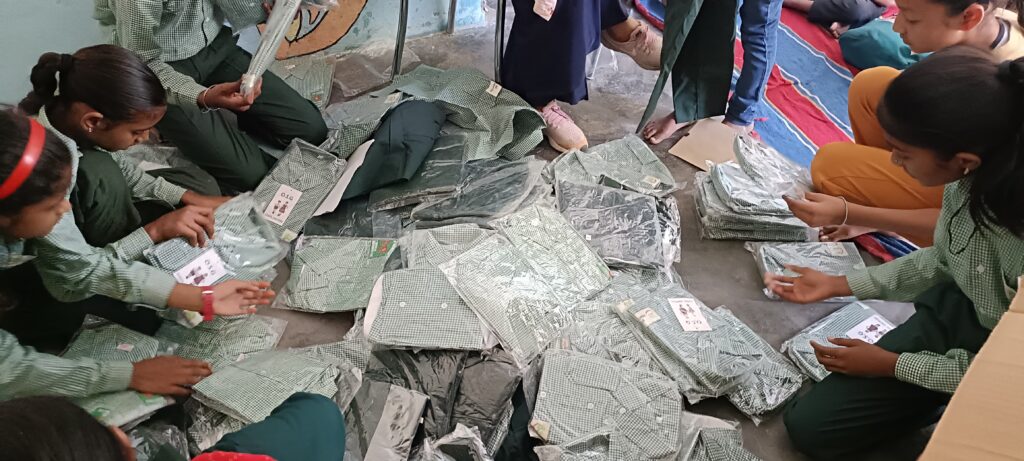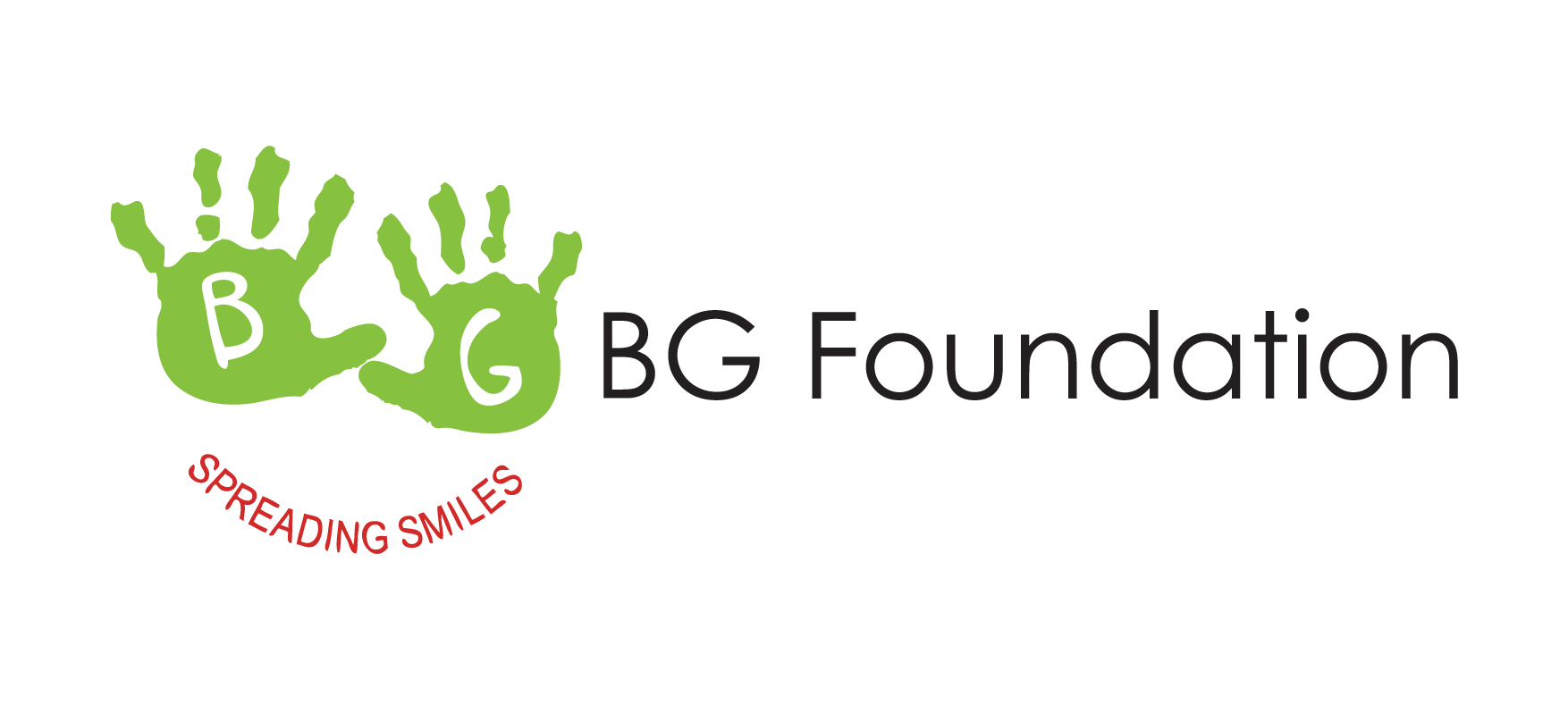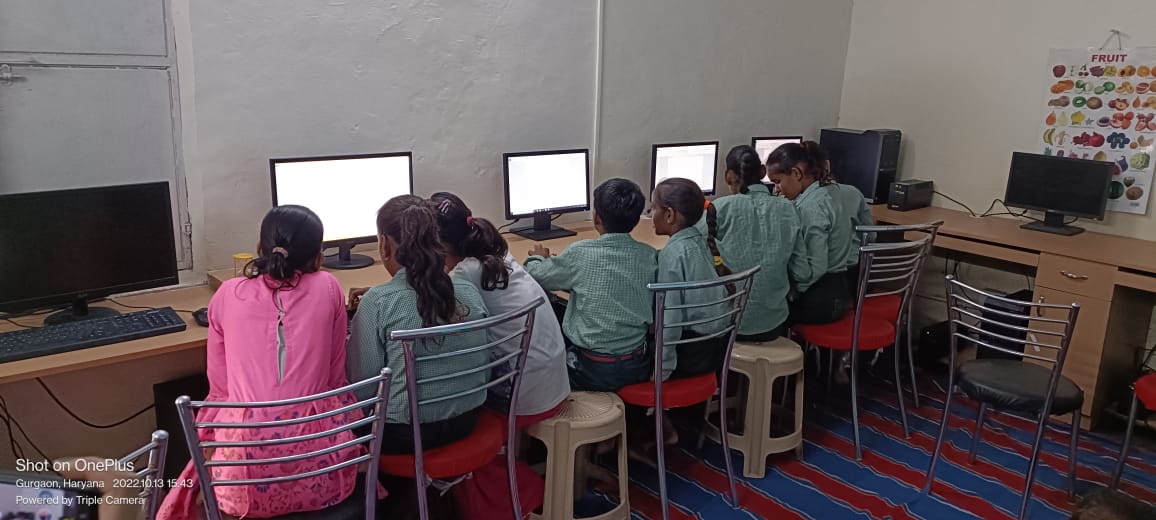
Poverty is a complex issue that affects millions of people around the world, particularly underprivileged youth. It is a cycle that is difficult to break, as it often perpetuates itself from one generation to the next. Poverty is not just about a lack of financial resources; it encompasses a range of social, economic, and educational disadvantages that can have long-lasting effects on individuals and communities.
The impact of poverty on underprivileged youth is profound. It limits their access to necessities such as food, shelter, and healthcare. It also hinders their educational opportunities, making it difficult for them to escape the cycle of poverty. Underprivileged youth often face a lack of resources, inadequate schools, and limited access to quality education. This perpetuates the cycle of poverty, as they are unable to acquire the skills and knowledge necessary to secure stable employment and improve their economic situation.
Education: Providing Access and Opportunities for Learning to Break the Cycle of Poverty

Education plays a crucial role in breaking the cycle of poverty. It provides underprivileged youth with the knowledge and skills they need to succeed in life. However, accessing education can be a significant challenge for many underprivileged youths. They may face barriers such as lack of financial resources, inadequate schools, and limited access to transportation.
To provide access and opportunities for learning, various solutions can be implemented. One approach is to invest in improving the quality of education in underprivileged communities. This includes providing adequate resources, qualified teachers, and safe learning environments. Additionally, scholarships and financial aid programs can help alleviate the financial burden on underprivileged youth and enable them to pursue higher education.
Mentorship: The Power of Positive Role Models in Empowering Underprivileged Youth
Mentorship plays a crucial role in empowering underprivileged youth. Positive role models can provide guidance, support, and encouragement to help them overcome challenges and achieve their goals. Mentorship programs can help underprivileged youth develop important life skills, build self-confidence, and expand their networks.
Having a mentor can have numerous benefits for underprivileged youth. It can provide them with a sense of belonging and help them develop a positive self-image. Mentors can also offer valuable insights and advice based on their own experiences, helping underprivileged youth navigate the challenges they may face.
To provide mentorship opportunities for underprivileged youth, community organizations, schools, and businesses can collaborate to create mentorship programs. These programs can match underprivileged youth with mentors who share similar backgrounds or interests. Additionally, online platforms can be utilized to connect mentors and mentees, making mentorship accessible to a wider audience.
Skill Development: Equipping Underprivileged Youth with the Tools for Success
Skill development is essential in breaking the cycle of poverty. It equips underprivileged youth with the tools they need to succeed in the workforce and improve their economic situation. However, underprivileged youth often face challenges in developing skills due to limited access to training programs and resources.
To equip underprivileged youth with the tools for success, it is important to provide them with access to skill development programs. This can include vocational training, apprenticeships, and entrepreneurship programs. These initiatives can help underprivileged youth acquire practical skills that are in demand in the job market.
Additionally, partnerships between educational institutions and businesses can be established to create internship programs and job placement services for underprivileged youth. This can provide them with valuable work experience and increase their chances of securing stable employment.
Breaking Barriers: Overcoming Challenges Faced by Underprivileged Youth in Pursuit of Education and Skill Development
Underprivileged youth often face social and cultural barriers that hinder their pursuit of education and skill development. These barriers can include discrimination, stereotypes, and lack of support from their communities.
To overcome these barriers, it is important to promote inclusivity and diversity in educational institutions and workplaces. This can be done by implementing anti-discrimination policies, providing cultural sensitivity training, and creating safe spaces for underprivileged youth to express themselves.
Additionally, community outreach programs can be established to raise awareness about the challenges faced by underprivileged youth and promote understanding and acceptance. These programs can involve workshops, seminars, and community events that bring together individuals from different backgrounds to foster dialogue and collaboration.
Community Support: The Importance of Collaborative Efforts in Breaking the Cycle of Poverty
Community support plays a crucial role in breaking the cycle of poverty. It takes a collective effort to address the complex issues that underprivileged youth face. By working together, individuals, organizations, and communities can create a supportive environment that empowers underprivileged youth to overcome challenges and achieve their goals.
Community support initiatives can take various forms. They can include mentorship programs, scholarship funds, job placement services, and community centres that provide resources and support to underprivileged youth. Additionally, community organizations can collaborate with educational institutions and businesses to create internship programs, job fairs, and networking events.
Examples of successful community support initiatives include nonprofit organizations that provide educational resources and scholarships to underprivileged youth, community centres that offer after-school programs and tutoring services, and businesses that provide job training and employment opportunities for underprivileged youth.
Empowering Girls and Women: Addressing Gender Inequality in Education and Skill Development
Gender inequality is a significant barrier that underprivileged girls and women face in accessing education and skill development opportunities. They often face discrimination, limited access to resources, and societal expectations that prioritize traditional gender roles.
To address gender inequality in education and skill development, it is important to promote gender equality at all levels of society. This includes implementing policies that ensure equal access to education for girls and women, providing scholarships and financial aid specifically for girls and women, and creating safe spaces for them to learn and develop their skills.
Additionally, mentorship programs and leadership development initiatives can be established to empower girls and women to pursue their educational and career goals. These programs can provide them with role models and support networks that help them overcome the challenges they may face.
Entrepreneurship: Creating Opportunities for Economic Independence and Self-Sufficiency
Entrepreneurship can play a significant role in breaking the cycle of poverty. It provides underprivileged youth with opportunities for economic independence and self-sufficiency. By starting their own businesses, underprivileged youth can create jobs, generate income, and contribute to the economic development of their communities.
To promote entrepreneurship among underprivileged youth, it is important to provide them with access to resources and support. This can include business training programs, mentorship opportunities, and access to capital through microfinance initiatives.
Examples of successful entrepreneurship initiatives include social enterprises that provide training and support to underprivileged youth in starting their own businesses, incubators that offer resources and mentorship to aspiring entrepreneurs, and government programs that provide funding and incentives for underprivileged youth to start their own businesses.
Overcoming Stigma: Addressing Social and Cultural Barriers to Education and Skill Development for Underprivileged Youth
Stigma is a significant barrier that underprivileged youth face in accessing education and skill development opportunities. They may be stigmatized based on their socioeconomic status, race, ethnicity, or other factors that are beyond their control.
To address stigma, it is important to promote inclusivity and diversity in educational institutions and workplaces. This can be done by implementing anti-discrimination policies, providing cultural sensitivity training, and creating safe spaces for underprivileged youth to express themselves.
Additionally, community outreach programs can be established to raise awareness about the challenges faced by underprivileged youth and promote understanding and acceptance. These programs can involve workshops, seminars, and community events that bring together individuals from different backgrounds to foster dialogue and collaboration.
Policy Reform: Advocating for Systemic Change to Break the Cycle of Poverty
Policy reform is essential in breaking the cycle of poverty. It requires systemic change to address the root causes of poverty and create a more equitable society. This can include changes in education policies, labour laws, and social welfare programs.
To advocate for policy reform, it is important to raise awareness about the issues faced by underprivileged youth and mobilize support from individuals, organizations, and communities. This can be done through grassroots campaigns, lobbying efforts, and partnerships with policymakers and government agencies.
Examples of successful policy reform initiatives include changes in education policies that prioritize equal access to quality education for all students, labour laws that protect the rights of underprivileged workers, and social welfare programs that provide support and resources to underprivileged youth and their families.
The Power of Education, Mentorship, and Skill Development in Empowering Underprivileged Youth to Break the Cycle of Poverty
In conclusion, education, mentorship, and skill development play a crucial role in empowering underprivileged youth to break the cycle of poverty. By providing access and opportunities for learning, positive role models, and the tools for success, we can help underprivileged youth overcome the challenges they face and achieve their goals.
It is important for individuals and communities to act in breaking the cycle of poverty. This can include volunteering with organizations that provide educational resources and mentorship to underprivileged youth, supporting businesses that create job opportunities for underprivileged youth, and advocating for policy reform that addresses the root causes of poverty.
By working together, we can create a more equitable society where all individuals have equal opportunities to succeed and thrive. It is our collective responsibility to empower underprivileged youth and break the cycle of poverty once and for all.



